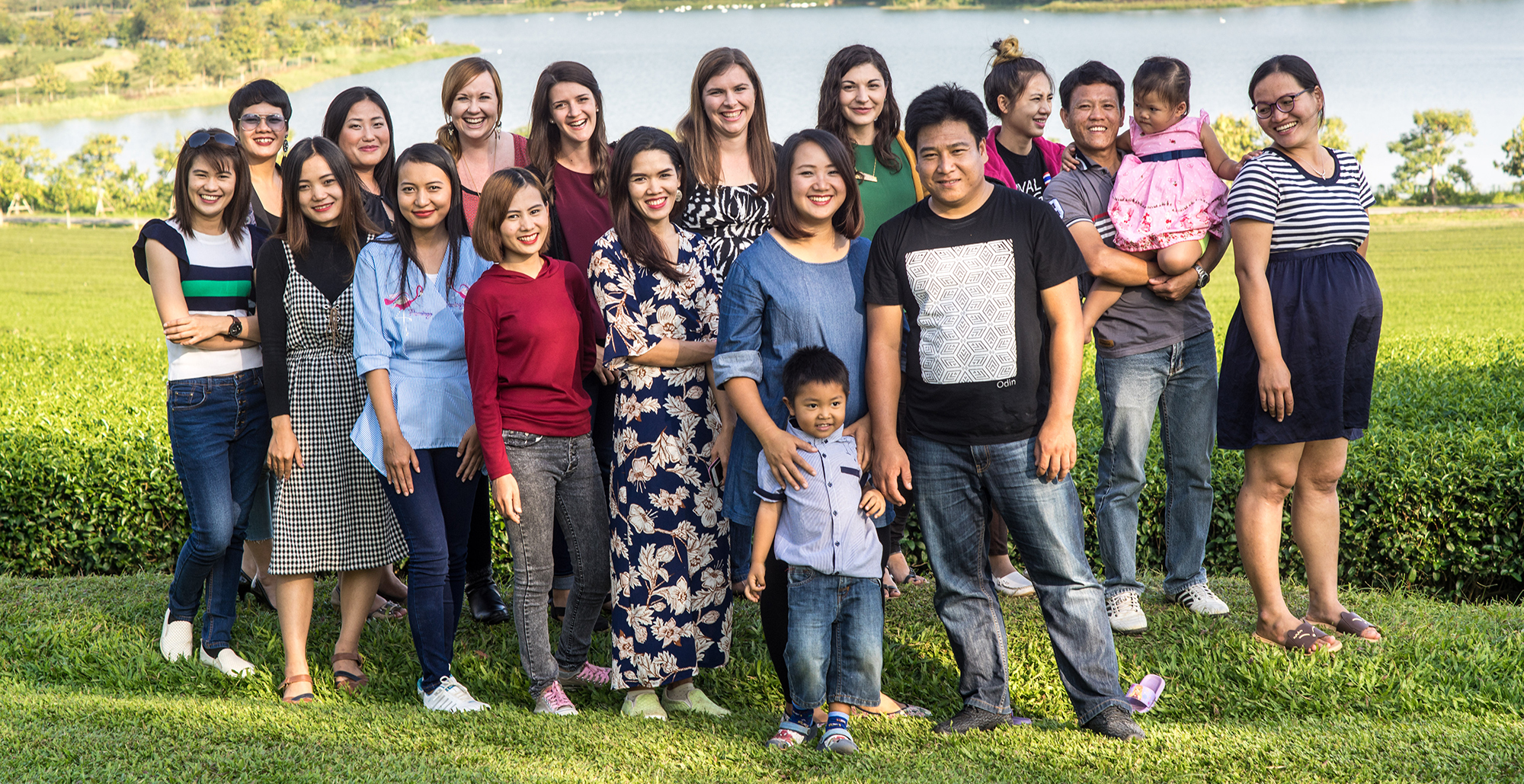
The problem of human trafficking is a global phenomenon, and we truly believe that only a collective, national and international response will succeed in creating a long-term impact.
This understanding has helped us build the foundations of What We Do. We have always endeavored to deliver principled and effective anti-sex trafficking initiatives through rescue efforts, community empowerment, individual restoration and reintegration, and prevention programs, but one of the unseen key elements to our success is the local expertise and knowledge that comes with our incredible national staff who work in all of our project nations.
While our international staff from the United States, Australia, New Zealand, Canada and Europe bring a wealth of expertise with them, our national staff based in our projects in Thailand, Cambodia, India, Philippines and the Dominican Republic have a wealth of knowledge and insight when it comes to their own cultures, languages and social norms. This is invaluable when it comes to addressing the problem of sex trafficking on the ground.
Dynamic Relationships
As an international anti-sex trafficking organization, we are in a position that allows us to see the big picture – how the issue of trafficking is playing out on a global scale and the complexities that come along with that. Our international staff are equipped with this insight when they work in our projects on the ground. What this means is that our international staff are able to serve our national staff by coming alongside them and equipping them with the knowledge, skills and tools to empower them as they take ownership of the issues faced in their own country and communities.
Through communication and collaboration between our international and national staff, we are able to equip locals to be the catalyst for change in their communities. As the international community continues to build and develop effective techniques to combat sex trafficking, one of the keys to success is often dependent on our national staff’s understanding of culture, context and communication in local languages and dialects. When our national managers interact with the communities and children they serve in their local language, they are able to quickly establish mutual trust and respect, as well as make well-informed decisions about how our organization can best serve them.
In all the areas we work, a strong combination of local knowledge and technical expertise is used to ensure that the needs and dignity of the children we rescue are met. From an international standpoint, local knowledge will always outweigh anything we know about the issue globally, as there are challenges at a national level that we would never have known about if we weren’t working hand-in-hand with national staff. The inside knowledge that our national staff are able to provide helps us to approach the topic of sex trafficking in a way that’s relatable and applicable to the local people. Through a united front, and equipping local people, we are able to bridge this gap together and achieve change.
Empowering Locals
For our national staff, the problem of trafficking hits close to home. Due to the nature of their roles, they feel the ripple-effects of trafficking personally as they see the toll it is having in their country and in their own communities. But our staff don’t stand by as passive observers; motivated by their faith, personal experiences and a deep desire for change, national staff are connecting and giving back in the most inspirational of ways. Meet some of our national staff who have dedicated their lives to fighting sex trafficking on their home soil. Their faith, commitment and experience simply cannot be matched and they, like all our national staff in all of our projects, are an inspiration.
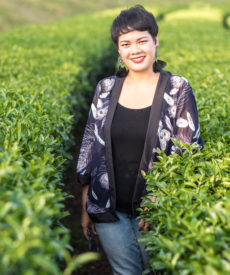
A great example of a change-maker is Rujira Turawon. As the Aftercare Manager for Thailand, Rujira works with locals on the ground as well as department executives at the International Office. Rujira’s bubbly personality is contagious to all who are lucky to have encounters with her. She is a beautiful woman of God and her love for Jesus is evident in every aspect of her work. “When I am having to deal with some of the girls in our care, I have to remind myself that I don’t know what has happened in their past, and the situations that they have come from,” she says. “I think to myself, ‘Calm down, and see’. I start to say to myself, ‘Rujira, you have to look at people like Jesus. Think about people like Jesus would’. Then I try to treat people as Jesus would. I try to be kind, loving, and faithful to them. When I started to do this, I started to see everything change.”

So I keep praying for these girls asking God, ‘I believe that we cannot do these things by ourselves but only by Your love. Your love can change these girls’. I understand that only love can change these girls, not money or anything else, only love.
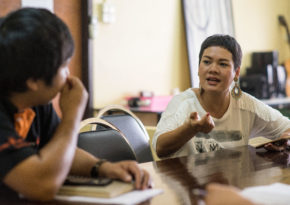
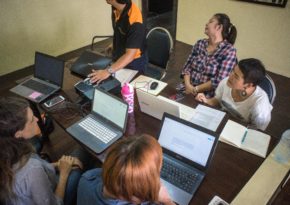
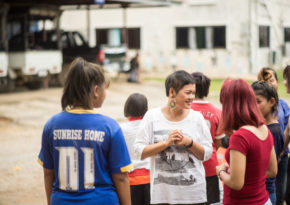
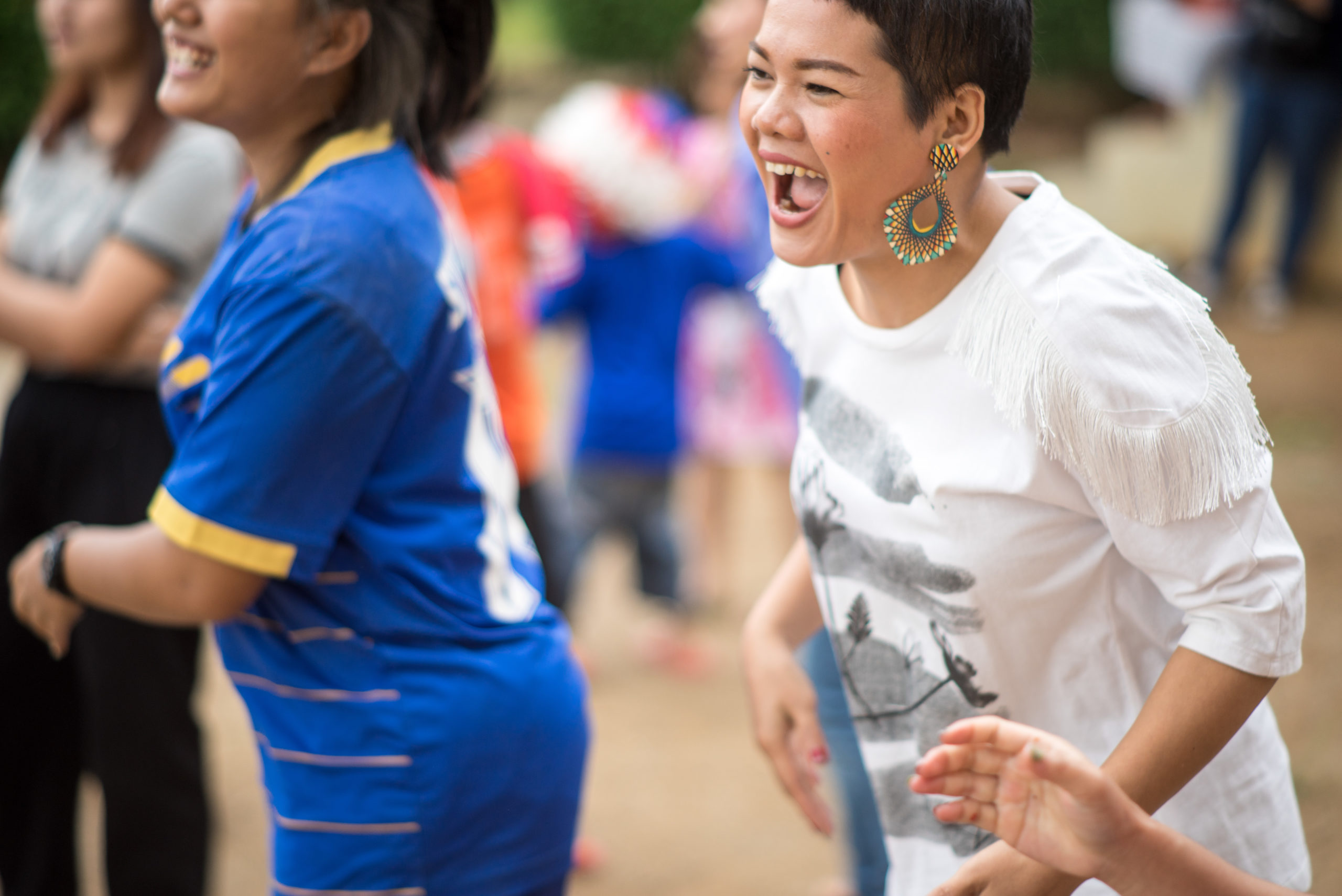
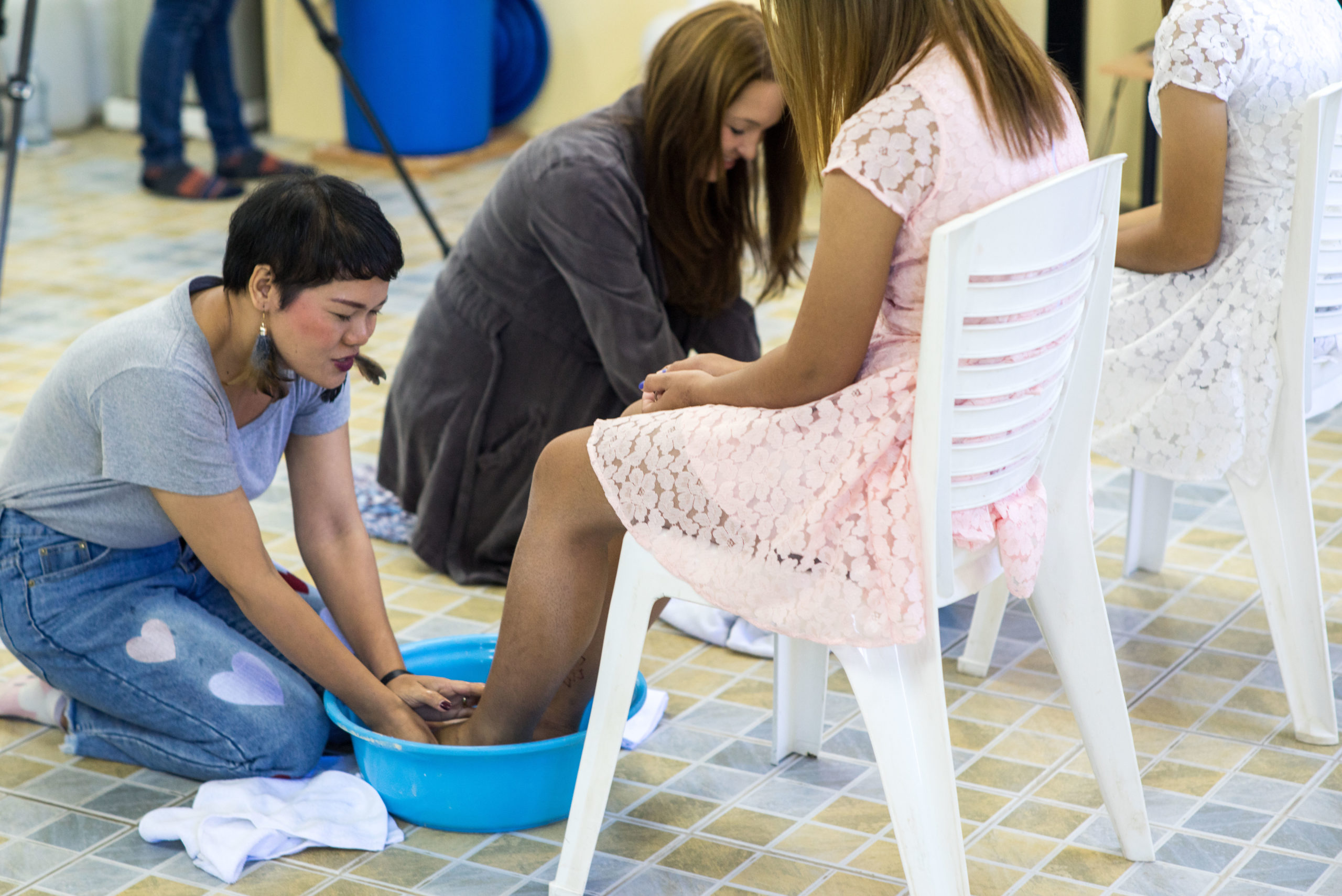
Another national staff member, Ya War, currently works in Pastoral Care and understands the importance of connection more than most. “When I was growing up, I was raised in a Children Home. Here, was the beginning of my passion to work with an organization like Destiny Rescue because I have experienced what it’s like to live in a Children Home,” she says. “I’m very passionate to work with and support the girls and kids in the Children Home as I can relate to some of their experiences they have gone through and I can help and support them.” Ya is a shining example of national who wants to strengthen the lives and livelihoods of the community she serves and the country as a whole.
The call to fight the injustice of sex trafficking is being answered by many passionate, driven and skilled nationals who have taken it upon themselves to right the wrongs happening on their home soil. Worapong Kasimkhiri, a national Outside Caseworker, reflected back on a visit he made that left an impression on him when he first started in his role. “When I met [the rescue girls] families, I saw how some of them were very poor and my heart went out to them. I know if I can work in this job, then I will be able to help many families and many girls because I believe that my job can make families and kids’ lives better,” he says.
Through committed and passionate individuals like Rujira, Ya and Worapong, both national and international staff, we can ensure that our approach in the fight against sex trafficking is constantly being improved, lessons are being learned and programs are being adjusted to meet the needs of the children we rescue. In this respect, the role of national staff is fundamental in planning, conducting and updating our approach. We take into account the strong links between national staff and their communities when it comes to project sustainability based on local knowledge.
Whether we are tackling the problem on a global stage, or on the ground, the change we desire lies not with a blanket approach, but with an informed, passionate and proactive people who are relational in their approach. From here, if we were to see communities across the world equipped with knowledge and tools to be able to stand together against exploitation, we will see a change in the tide that will bring an end to sex trafficking.

 US & International
US & International Australia
Australia United Kingdom
United Kingdom